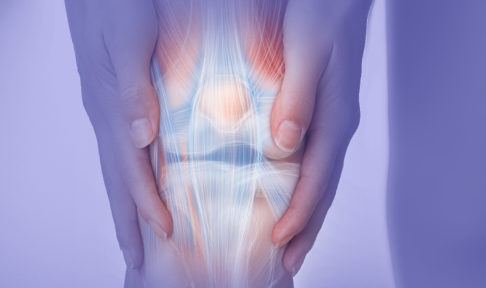Neck pain is an extremely common ailment, yet so often there’s misinformation about the causes, treatments and nature of the issues. So, we’re here to bust 5 of the most common myths we regularly hear about neck pain.
1. The best treatment for neck pain is rest
The best treatment for your neck pain will entirely depend on the cause of your neck pain. And while initially ceasing some activities until acute pain or inflammation is treated may be the order of the day, total bed rest or inactivity is very rarely the best solution. Quite often resting too much or for too long can lead to a further weakening or deterioration of your neck muscles, or even more pain. Being assessed by a physio so you can get a personalised treatment plan formulated to treat the root cause of your pain is the first step.
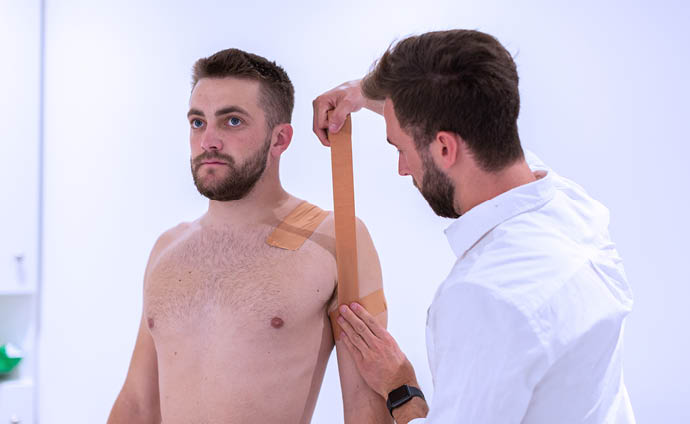
2. My neck issue will only cause neck pain
Okay, this might sound like a funny thing to say given we’re talking neck pain, but referred pain from a neck issue commonly throws people off the scent when it comes to diagnosing the actualsource of the pain.
While a neck issue can just present as localised pain, it’s often also referred to other areas. This leads many people with shoulder pain, as an example, to misdiagnose themselves as having a shoulder injury, which is why it’s so important to get a proper diagnosis from a qualified physio.
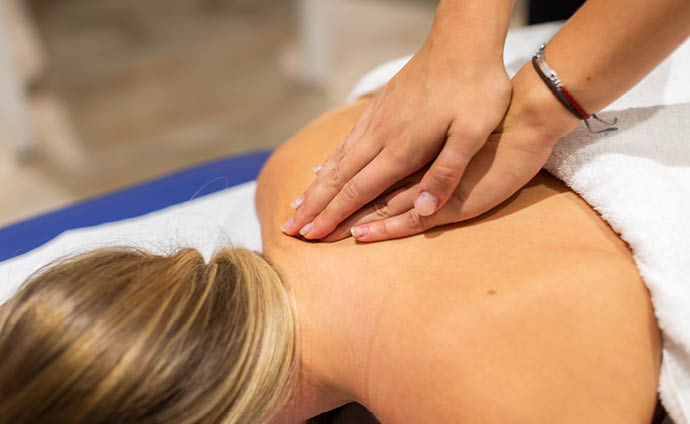
3. My neck pain must be due to having weak neck muscles
Not necessarily… just because you’re in a lot of pain, doesn’t mean something is ‘weak’. In fact, weak muscles in themselves actually rarely cause pain, if anything it’s tight muscles that will cause pain, so inexpertly trying to strengthen them with the wrong sort of exercises can do more harm than good.
Quite often postural issues will lead to tight neck muscles, so the best way to cure the issue is through improving your posture. Posture doesn’t just refer to how you sit at your desk (although this is a common issue for many office-based workers), but can also be how you walk or hold yourself more generally through your neck, shoulders, back and hips.
A thorough assessment with a physio will help them pinpoint exactly what insufficiencies in your posture need fixing. Then they’ll develop a personalised treatment plan that will often involve correcting these insufficiencies as well as loosening your tight neck muscles for faster pain relief.
4. Only elderly people suffer from neck pain
Totally untrue! Neck pain can be caused by a variety of different factors and there’s no medical correlation to suggest that old age is a cause in its own right. Neck issues arise when there is some sort of dysfunction that is left untreated, so consequently, the older we get and the longer underlying issues remain untreated, the more likely it is that pain will present itself. This is medically known as Sensory Motor Amnesia.
While ageing hasn’t been proven to cause neck pain, there is evidence showing that a lack of muscle movement and suppleness can result in tighter muscles, pain and restricted movement. A young person with postural issues, who has suffered from an injury, repetitive movements or even emotional stress will be more likely to suffer from neck pain than an elderly person who is fit and healthy.
5. Neck pain is just something I have to live with
As with any chronic pain, it’s quite easy to lose hope and resign yourself to thinking that ‘this is your life now’. But that’s not the case. There will always be a reason for neck pain, whether it’s due to postural issues (as mentioned above) that can be corrected, an underlying injury that wasn’t treated properly at the time it occurred or something else.
While each patient’s treatment plan will be case by case and depend on the outcome of their initial assessment, some of the treatments we use at Spectrum to combat neck pain include:
- TENS
TENS is most effective in the initial, acute pain phase. Not only does it provide pain management, it also helps relax tight neck muscles, beginning the healing process.
- McKenzie therapy
McKenzie therapy is useful in diagnosing the cause of neck pain but also helps improve your spinal mobility and posture, forming a big part of many people’s treatment plans, both in the clinic and at home. Spectrum’s Ant Brightwell is one of the only few registered McKenzie therapists in London, so you know you’re in good hands with him.
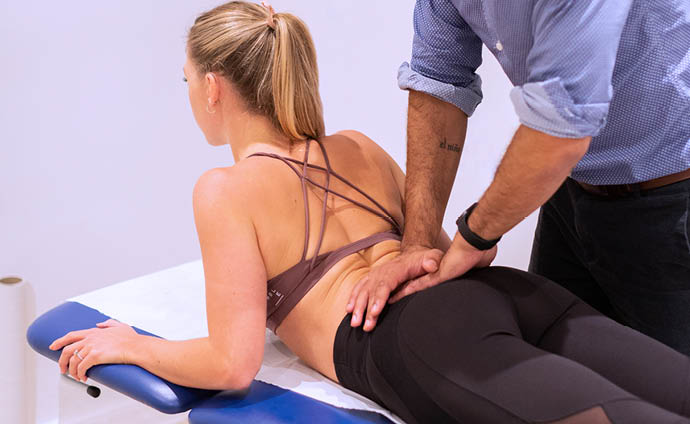
- Manual therapy
Manual therapy to loosen tight neck muscles can be a very effective addition to your treatment plan. Basically manual therapy can cover anything that is done using your hands, as opposed to using technology like TENS.
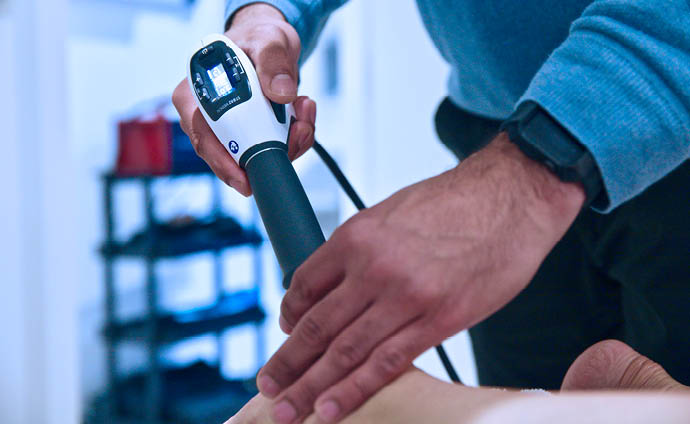
- Dry needling
Dry needling has its roots in Chinese acupuncture, and is a clinically-proven technique for decreasing tightness and reducing tension by altering the length and makeup of your muscles. We find that it’s a very effective form of pain relief and inflammation.
Time to say goodbye to your neck pain? Book a time with Spectrum’s physio team via our website.


